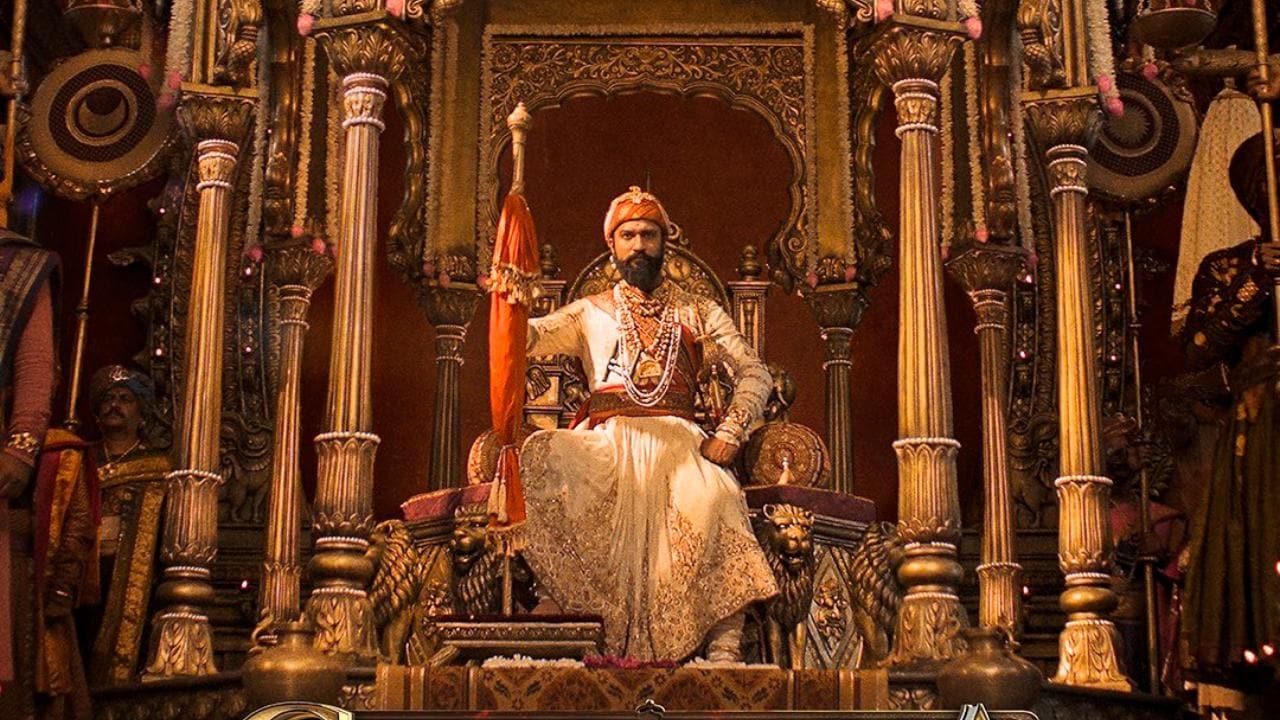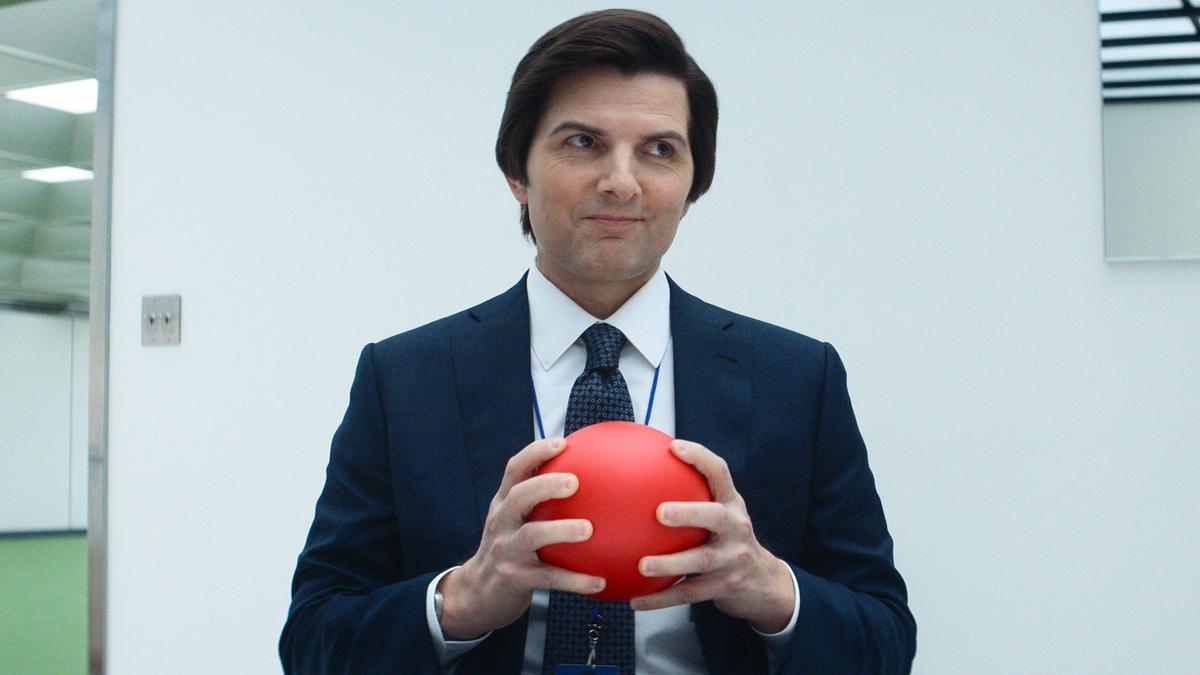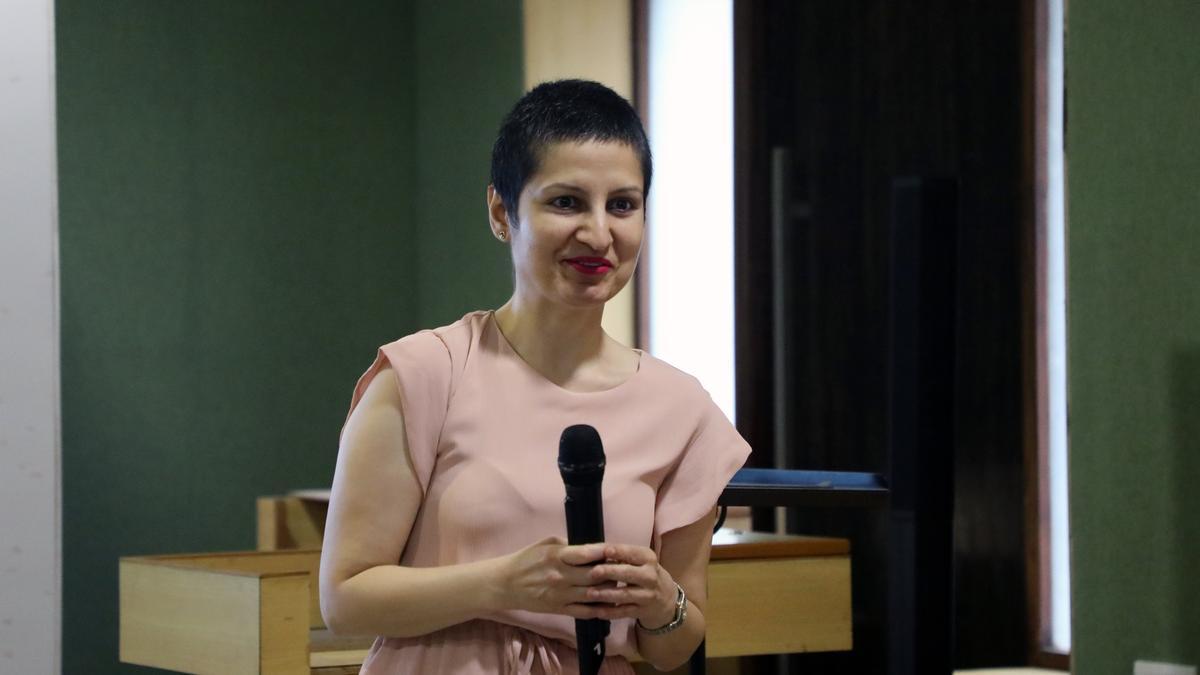
The opening sequence of the movie “Blink” graces the screen not with a typical cinematic flourish, but rather with the reverent audio of an interview with esteemed Kannada writer P Lankesh, provided by All India Radio. Discussing the splendor and difficulties of writing, Lankesh’s words echo profound respect across the realm of Kannada literature and serve as an inspiring herald to thousands of writers hailing from Karnataka. This homage to the written word marks a distinctive and rare opening for a Kannada film—a poignant nod to the craftsmanship required in spinning a noteworthy cinematic tale.
Writing lies at the core of “Blink’s” strength. However, this asset reveals itself subtly as the narrative unfolds. Unlike the seasoned ensemble that often graces the screen in more prominent productions, “Blink” emerges vibrant and polished, surprising for an endeavor headlined by a rookie team. The captain of this ship, debutant Srinidhi Bengaluru, directs with an assured hand. Many films from this class suffer from lackluster technical execution due to financial constraints and unseasoned casts. “Blink,” however, stands in stark contrast—it glides across the screen with polished editing, eloquent cinematography, and a compelling musical score, tying seamlessly into an immersive viewing experience.
The story transports the audience through a labyrinth of timelines, where we meet Apoorva, portrayed with palpable fervor by the talented Dheekshith Shetty. Apoorva is a youth adrift in his career, financially reliant on his girlfriend Swapna, played by Mandara Battalahalli. Together, they immerse themselves in the passionate world of theater, preparing earnestly for an upcoming production.
The narrative latches onto William Shakespeare as the mainspring for the story’s profound and unexpected contortions—yet the film entices with an early surprise. Apoorva becomes aware of a mysterious old man who seems to tail him surreptitiously. This intrigue escalates as he encounters a doppelganger—a man mirroring his own image. Apoorva possesses a peculiar talent for controlling his blinks, unraveling as a pivotal device in his quest to decipher the enigmas of his past.
Once “Blink” delves into the concept of time-travel, the film clinches its identity as a taut, riveting thriller. Director Srinidhi Bengaluru adeptly navigates the classic beats of the genre, unraveling complexity without a hitch. The audience is whisked back and forth through time, each journey threaded with succulent narrative twists that excite and confound, revealing pivots in the plot without descending into didactic exposition.
The script of “Blink” operates with uncanny precision, its strength inseparable from the subtlety with which it conveys its narrative. A sincere tribute to Kannada literature, cinema, and cultural motifs meanders through the movie—existing in songs, visuals, and casual dialogues. These elements underline the importance of thoughtful, deliberate prose. The dialogue bears authenticity; not a single scene overstays its welcome, affirming the virtue of meticulous scripting.
The supporting cast, including Gopalakrishna Deshpande, Chaithra J Achar, Suresh Anagalli, and Vajradheer Jain, meet the challenge of their complex roles with distinction, each contributing to the dynamic tableau of characters. Those audience members whose palate favors simple, linear entertainment may find themselves daunted by the intricate narrative nodes at crucial junctures throughout the film.
As the denouement approaches, the profusion of twists prompted a moment of meta-cinematic reflection when someone in the theater pondered aloud, “Are we also caught in this time loop?” “Blink” distinguishes itself within its genre, demanding concerted attention and undivided engagement to fully relish its rewarding complexities. In retrospection, the layers of the film interlock and yield a satisfying, coherent picture.
“Blink” is not just a movie—it’s an immersive experience currently showing in theaters, a testament to the enduring and ever-evolving landscape of Kannada and Indian cinema. It dares to navigate the intricate realms of time within its drama, rewarding viewers with a sense of wonder and the satisfaction that comes from witnessing a narrative beautifully and intricately told.










